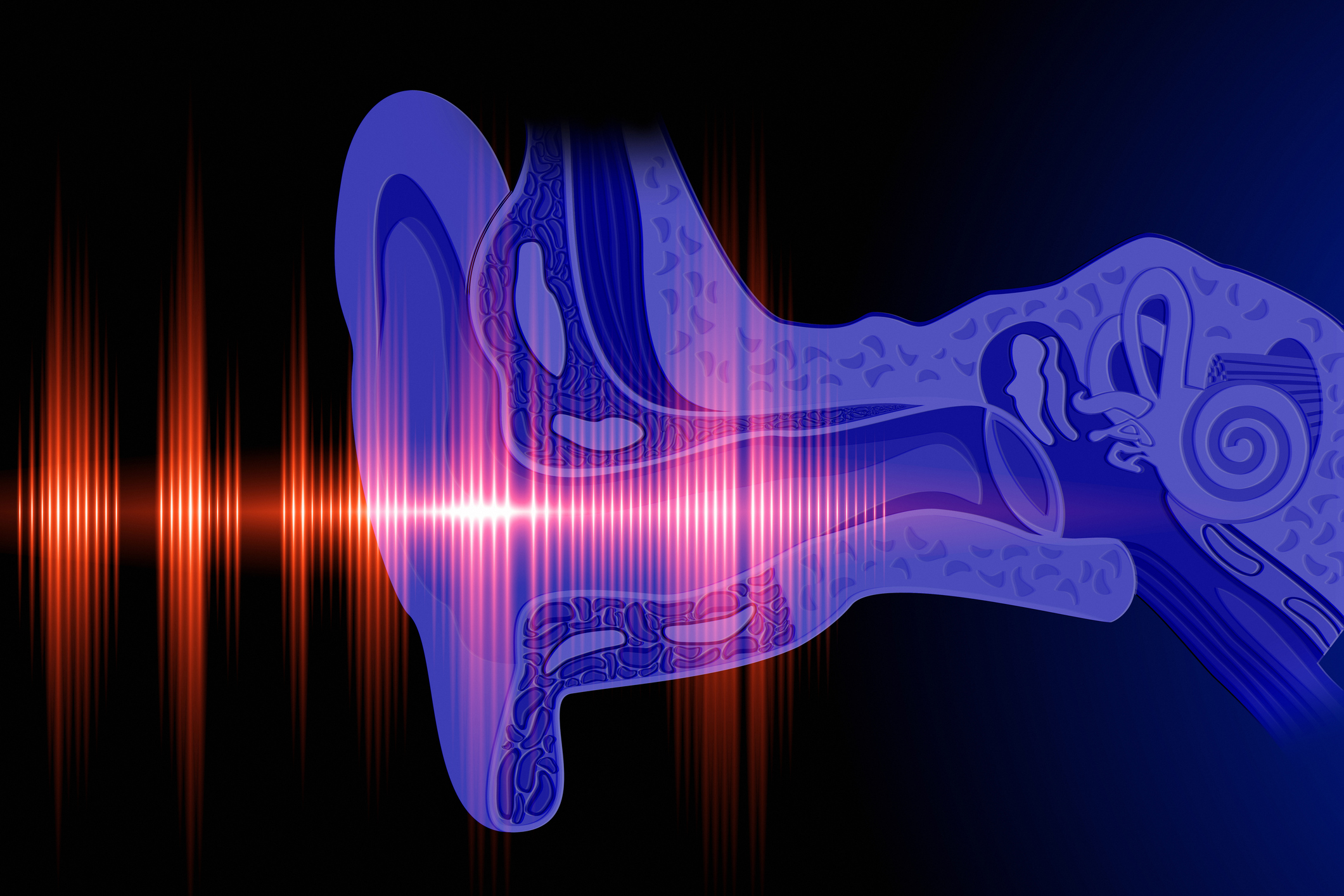Month: March 2023
-

NUDOCS Program Inspires the Next Generation of Physicians
Northwestern recently hosted a cohort of 16 undergraduate students from historically underrepresented groups for an immersive week-long introduction to careers in medicine.
-

Women in Medicine Conference Celebrates Community
Women in the medical field and their allies gathered in the Feinberg Conference Center at Northwestern Memorial Hospital on Friday, March 24 to celebrate community during the fifth annual Women in Medicine conference.
-

Self-Powered Wireless Implant Delivers Medication, Then Dissolves
Northwestern Medicine scientists have developed a wireless, self-powered, bioresorbable implant for programmed drug delivery, the details of which are published in PNAS.
-

Adolescent Sexual Health Program Receives Funding for Social Marketing Campaign
The PrEP4Teens initiative received over $300,000 from from the Chicago Department of Public Health, Alphawood Foundation, Northwestern University Clinical and Translational Sciences Institute, and the Third Coast Center for AIDS Research.
-

The Future of IgE-Mediated Allergy Research and Treatments
In a recent editorial published in the Journal of Experimental Medicine, Cecilia Berin, PhD, discusses the current state of IgE-mediated food allergy treatments, targeting type 2 immune responses, and next steps for food allergy research and treatment development.
-

Weintraub Appointed to Illinois Supreme Court Commission on Elder Law
Sandra Weintraub, PhD, professor of Psychiatry and Behavioral Sciences in the Division of Psychology and associate director of the Northwestern Alzheimer’s Disease Research Center in the Mesulam Center for Cognitive Neurology and Alzheimer’s Disease, was recently appointed to the Illinois Supreme Court Commission on Elder Law.
-

Investigating Protein’s Role in Hearing Loss
The fast motor function of prestin, a protein found in the inner ear, is essential for mammalian hearing, according to a Northwestern Medicine study published in the Proceedings of the National Academy of Sciences.
-

Sex-Specific Mechanisms for Major Depressive Disorder Identified in Response to Dysregulated Stress Hormones
Northwestern Medicine investigators have discovered novel sex-specific mechanisms that control how stress hormones impact dopamine transmission and motivation, findings that can inform new therapeutic strategies for treating major depressive disorder.
-

Pre-Surgery Immunotherapy May Increase Survival in Advanced Melanoma
Patients with advanced-stage melanoma who received immunotherapy both before and after surgery had longer event-free survival than patients who received immunotherapy only after surgery, according to a recent clinical trial published in the New England Journal of Medicine.
-

Hormone Therapy Plus Current Treatments Improves Survival in Prostate Cancer
Combining a new hormone therapy drug with chemotherapy and another hormone therapy increased overall survival in patients with high-volume and both high-risk and low-risk metastatic hormone-sensitive prostate cancer, according to a post hoc analysis published in the Journal of Clinical Oncology.






